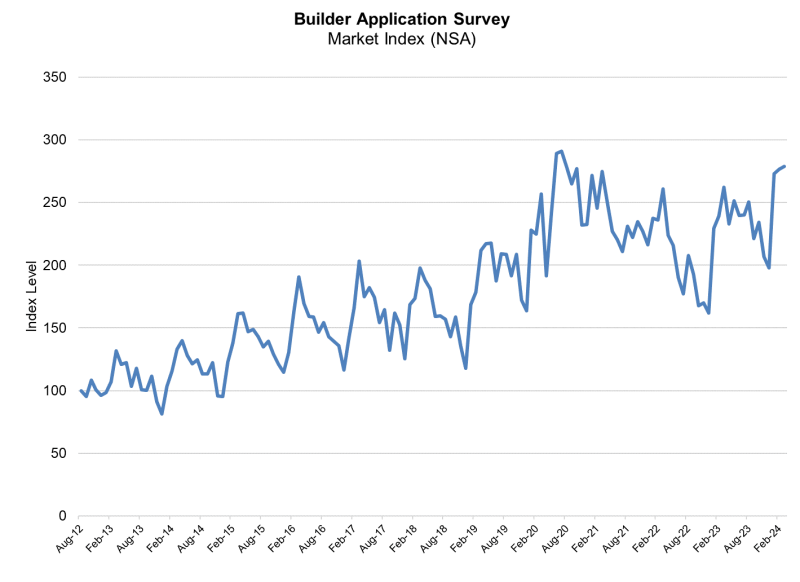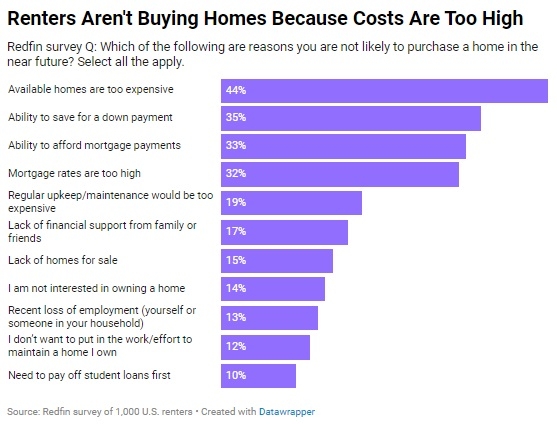Advertisement
Generating small-commercial leads: The (tenaciously) personal touch
Dealing with mortgage fraud starts at the topRalph LoVuolo Jr.delinquencies, foreclosure, lender guidelines, code of ethics
If there is anything we have learned from the Enron scandal,
which resulted in Kenneth Lay, chief executive officer, being
sentenced to 25 years in prison, it is that the culture of an
organization comes from the behavior of its leaders. It is also
true that the leaders ultimately bear responsibility for their
associates' actions.
Mortgage fraud is not a victimless crime, nor does it only
affect lenders with deep pockets. Industry experts affirm that
there is a correlation between mortgage fraud and the current
record of high mortgage payment delinquencies and foreclosures. As
we have seen in the past year, these delinquencies have lead to a
reduction in mortgage products and tightening in lenders
guidelines, which have affected the entire industry and spilled
over into the housing market.
With such powerful changes occurring in the industry, there is a
fret of pressure to make deals happen. Additional pressure comes
from those that have seen their income drastically reduced. This
mix of pressure is a recipe for fraud, and it could be going on
inside the walls of your own organization without you realizing it.
For some people, this pressure can gray the line between right and
wrong in committing fraud, but that line is solid black and it
should not be crossed.
It is often too late when an owner receives a call from a lender
stating that he is cutting the owner off because he found fraud in
a loan submitted from the owner's shop during a due-diligence check
of his pipeline. Worse, it is far too late when the FBI goes
knocking on an owner's door with a warrant for his arrest.
Since mortgage fraud has such a strong impact on the mortgage
and real estate industries, it is everyone's responsibility to
fight it. Owners need to ask themselves, 'What kind of culture does
my company have when it comes to loan quality?'
Ignorance is not bliss when it comes to fighting mortgage fraud.
Like high blood pressure, it can be the silent killer of a
company's overall stability and financial health. Here are five
tips that will help build a strong foundation to fight off mortgage
fraud in an organization:
1. Create a company code of ethics
It is important to define a company's expectations when it comes to
ethical behavior and honesty in the workplace. Don't just post the
code of ethics in the lunchroom or share it with associates by
e-mail, have a meeting with the staff, as a group or individually
to go over the reasons for implementing the code and discuss the
consequences. It is important to make sure that each manager within
an organization understands the code of ethics and reviews it with
his respective team during department meetings.
2. Inspect expectations
It is important for a manager to make sure that his associates are
aware of his expectations. He must also have a method to monitor
what his associates are doing. He cannot trust that every associate
will adhere to the code of ethics and never falter. Inspections
should be conducted pre-funding as well as post-funding. A manager
should also include loans that never close to learn more about how
his associates conduct business.
3. Create an integrity tip line
An anonymous tip line is a valuable tool for employees to report
unethical or illegal behavior in the workplace. Tip lines should be
available 24 hours a day, seven days a week, because most employees
will choose not to call during business hours to avoid the
possibility of someone over-hearing them. Also, because anyone in
an organization is capable of committing fraud, using a third-party
provider to handle these calls would be beneficial.
4. Know your employees
It is more important than ever before for an owner to know who he
is doing business with. It is important to pre-screen new employees
and conduct background checks on them. References and resumes
cannot always be relied upon. No candidate would provide the name
of a person who would give them a bad reference on a resume or
application. It is just as important to pre-screen other businesses
as well. An owner should find out which closing agents and
appraisers his associates are using. Failure to pre-screen these
outside individuals could give them the opportunity to abuse their
business' relationships and harm a company's reputation.
5. Training and education
It is important for an owner to educate his team on the importance
of building a good foundation to fight off fraud. Frequent training
sessions with process and origination teams are important. An owner
should discuss how to detect red flags and what to do if there is a
suspicion of misrepresentation. Employees must know how to use the
tip line. Associates should be tested on the company's fraud
policies and procedures to understand how important they are. This
will also help an owner gauge his team's understanding of what
fraud is and how to guard against it.
Now that the five steps are understood, they can be used to
prevent mortgage fraud in an organization. Here is one last tip:
Always take fraud found in an organization seriously. Enforce fraud
policy. Associates follow the actions of their leader and will not
take fraud seriously when their leader does not. Remember, it
starts at the top! Fight mortgage fraud every day.
Ralph LoVuolo Jr. is founder and president of Fraudmit LLC. He may be reached
by e-mail at [email protected]
or through his companys Web site at www.fraudmit.com.
About the author





